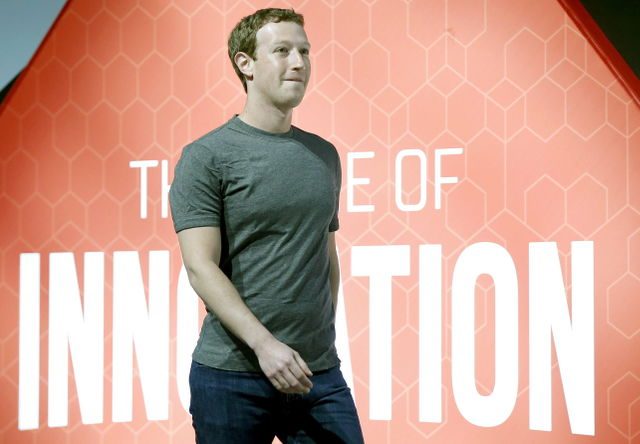SUMMARY
This is AI generated summarization, which may have errors. For context, always refer to the full article.

BARCELONA, Spain – Facebook founder Mark Zuckerberg on Monday, March 2, fended off complaints that the hugely popular social network was getting a free ride out of telecom operators who host its service on smartphones.
Zuckerberg, 30, confronted tensions between Internet giants such as Facebook and Google and telecom firms present at the Mobile World Congress, the world’s biggest wireless phone fair, in Barcelona.
Executives have complained that some Internet services’ smartphone applications generate revenue while it is the telephone companies that are forced to invest in the networks that host them.
The Wall Street Journal on Sunday quoted Denis O’Brien, chairman of international wireless firm Digicel Group, as saying: “Mark Zuckerberg is like the guy who comes to your party and drinks your champagne, and kisses your girls, and doesn’t bring anything.”
Zuckerberg later defended himself in an appearance at the congress alongside the heads of several telecom companies with which he is working to launch smartphone Internet access in developing countries in Latin America, Africa and Asia.
“We have these services that people love and that are drivers of data usage… and we want to work this out so that way it’s a profitable model for our partners,” Zuckerberg said.
The head of Norwegian company Telenor, Jon Fredrik Baksaas, said it was a “point of tension” that Facebook and the Whatsapp service that it owns offer free messaging which bypasses the phone companies’ own paid services.
Telenor is one of the companies working to launch free access to Facebook’s phone application in developing countries.
In those deals, Facebook is serving as an incentive to draw new customers since it is one of the most in-demand services for smartphone users in emerging markets.
“We need to find a balance because we are the ones that deploy resources locally, we work locally, we create a lot of employment locally, we pay government taxes locally,” Baksaas said.
“There is a financial formula that needs to be balanced in the long run.” – Rappler.com
Add a comment
How does this make you feel?



![[Ilonggo Notes] The foremost Filipino engraver, sadly unremembered, needs to be given his due](https://www.rappler.com/tachyon/2024/03/Figueroa-.jpg?resize=257%2C257&crop=265px%2C0px%2C720px%2C720px)

There are no comments yet. Add your comment to start the conversation.